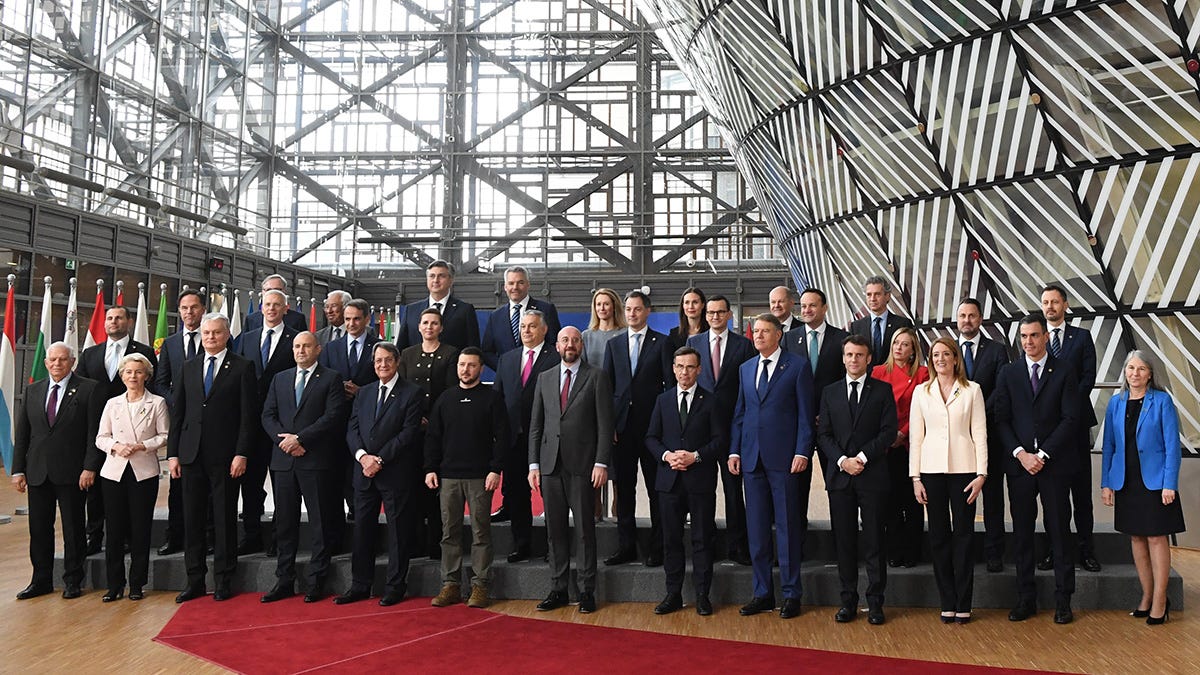By Luis Fierro Carrión (*)
Twitter: @Luis_Fierro_C
The Russian invasion of Ukraine on February 24, 2022 marked a turning point in global relations and set the stage for a new era of conflict. This invasion defied international law; the invaders have committed all kinds of war crimes (torture, rape, attacks on civilian infrastructure, schools, hospitals, residential buildings, etc.); there are even reports that 14,000 Ukrainian children have been kidnapped and taken to Russia.
A recent statement by a Russian propagandist, Sergei Mardan, reaffirmed what Putin and others have been saying since before the invasion: "There is only one peace formula for Ukraine. The liquidation of Ukraine as a state!"
The Ukrainian government estimates that, as of mid-February, around 140,000 Russian military personnel (including 10 generals and 150 colonels) have been killed. While there are no similar estimates for Ukrainian losses, a November 2022 European Commission statement put the number at 100,000, making it possible that the total military killed in the conflict so far exceeds 250,000. The number of civilian deaths is more uncertain. OHCHR has verified some 7,000 Ukrainian civilian deaths as of 3 January 2023 (including 429 children). However, some reports suggest that the number of civilian deaths is much higher.
The Russian aggression has received support from several other states, including Iran, China, Syria and North Korea. Iran has been providing drones and has recently modified them to make them even deadlier; it also provides training on the use of drones. While China initially abstained from the UN resolution condemning the invasion, it has continued to provide military support, including navigation equipment, microchips and parts for fighter jets and other equipment for military use. The Syrian regime has sent fighters; North Korea has sent ammunition. The G-7 is considering expanding sanctions against Chinese, Iranian and North Korean companies.
Democratic and liberal countries (usually called “the West” although they include Japan, South Korea and Australia) have sided with Ukraine in defense of its sovereignty. NATO and the European Union have taken measures to support the country in the face of Russian aggression. These countries have imposed severe economic sanctions on Russia (including, recently, a price cap for Russian fuels); and have provided Ukraine with defensive weapons (including, recently, advanced tanks and multiple rocket launchers).
The consequences of this conflict are far-reaching. As the world becomes more and more divided, the risk of a global war increases. Russia has even rattled the nuclear saber, saying it could use nuclear weapons if it fears its sovereign integrity is threatened.
This is not just a conflict between two nations, but a fight for global dominance between two opposing ideologies. On the one hand, there is a Western-led coalition of states, which stands for freedom, democracy and the rule of law. On the other, there is a Russian-led coalition of states, which seeks to undermine these values and impose their authoritarian and illiberal vision of the world.
Ukraine has recovered 54% of the territory initially occupied by Russia after the invasion on February 24, liberating 74,443 km2; Russia currently occupies about 65,000 km2, plus the 42,000 km2 it controlled before February 2022.
Ukraine is likely to continue to regain territory, as long as it can continue to count on Western military and economic support.
President Zelensky with the Heads of State of the European Council, February 9, 2023
(*) A shorter version of this article was published in Spanish on February 17, 2023, in the newspaper "El Universo" of Ecuador:
https://www.eluniverso.com/opinion/columnistas/un-ano-de-la-invasion-rusa-nota/




